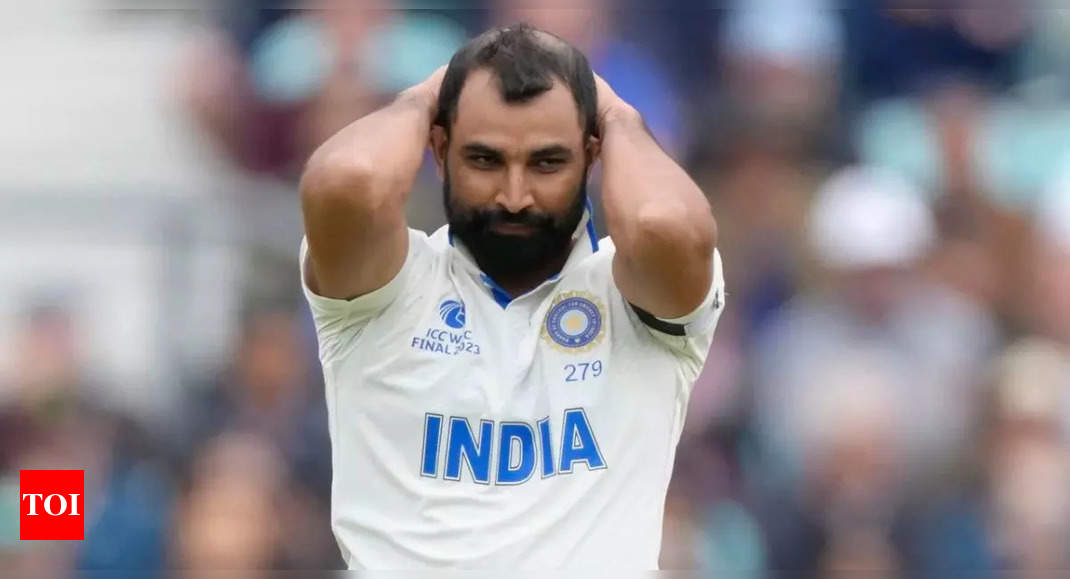
Football’s player transfer system will be in the spotlight and could even be massively overhauled on Friday when the Court of Justice of the European Union (CJEU) announces its verdict on former France player Lassana Diarra‘s case against governing body FIFA.
The international transfer system, which processes hundreds of millions of dollars each year in player transfers and has existed in its current form since 2001, is overseen by FIFA.
Diarra has challenged that status quo by claiming in a Belgian court in 2017 that FIFA’s transfer rules had blocked him from moving to a new club after his contract was terminated by Russian club Lokomotiv Moscow.
What is the case?
After Lokomotiv Moscow terminated his contract in 2014, Diarra tried to sign with Belgian club Charleroi. But that attempt proved futile as FIFA refused to issue an International Transfer Certificate (ITC).
FIFA’s regulations state that if a player breaks his contract, which is then terminated by a club, his new team is jointly liable, alongside the player, to pay compensation to his old team.
As FIFA refused to give him the necessary documentation to begin life in Belgium’s fifth-largest city, there was further setback for ‘Lass’. Diarra was ordered to pay 10 million Euros by FIFA’s Dispute Resolution Chamber (DRC) in 2015.
Because the former Chelsea, Arsenal and Real Madrid midfielder was without a club at the time, it was ruled that any future employer would not be liable to pay compensation.
In 2015, Diarra joined Olympique de Marseille in the French league with further stints at Al-Jazira (in the UAE) and Paris Saint-Germain (in France).
Even though the Court of Arbitration for Sport (CAS) rejected Diarra’s appeal against FIFA’s ruling, the player sued FIFA and the Royal Belgian Football Association in a Belgian court for damages and six million euros in loss of earnings.
The Belgian court has asked the CJEU for guidance, with the European Court’s decision expected on October 4.
Early signs don’t look good for FIFA. Advocate General Maciej Szpunar suggested to the judges that they should side with the player.
“Some FIFA rules on transfer of players may prove to be contrary to EU law. These rules are of restrictive nature and may only be justified in specific circumstances,” he wrote in a non-binding opinion.
How this could change football transfers?
His lawyer Jean-Louis Dupont said this year that a judgment in favour of the footballer would be a milestone in modernising football governance in the European Union as it would allow players’ unions and clubs’ unions to regulate their employment practices.
“This will put an end to the degrading practice of commoditising players,” lawyers Dupont and Martin Hissel said in a joint statement in April.
However, since moving out of the EU block since Brexit, how this affects English Premier League (EPL), the biggest spenders in the world, remains to be seen. It won’t be a surprise if a new FIFA ruling is announced that would apply to all member countries.
Is there precedent of football transfers industry being affected?
Dupont had famously represented Jean-Marc Bosman in 1995 which created the transfer window and market that we know today. The Belgian midfielder wished to join USL Dunkerque in France for free in 1990 after his contract expired at Belgian side RFC Liege.
But RFC Liege demanded a fee of around 500,000 pounds – Bosman’s estimated value then – from the French club, refusing to let the player go despite his contract not being renewed.
Dunkerque refused to budge, leading to Liege cutting Bosman’s fee by 75 per cent – a move that triggered the landmark court case of Bosman vs Liege, UEFA and the Belgian Football Association.
The case lasted five years and came out in favour of the player, giving birth to the term ‘free transfer’ – one that saw Kylian Mbappe join Real Madrid from PSG in the summer.
The case, popularly named the ‘Bosman ruling‘, saw the CJEU mandate that players were free to move when their contracts had expired, and that European clubs could hire any number of European Union players.
Who is Lassana Diarra?
Diarra is a former French midfielder who played for multiple high-profile clubs – Chelsea, Arsenal, Portsmouth and Real Madrid before bowing out at PSG.
He won 13 trophies throughout his career – winning league titles in England, France and Spain with domestic cups to boot. The 39-year-old played his last game in October 2018.



